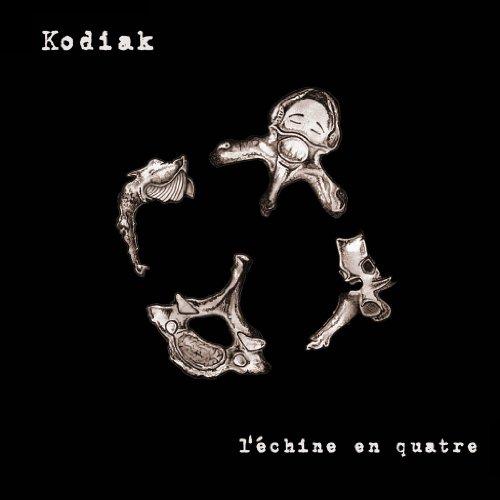
Layard, Austen Henry
Austen Henry Layard was a young explorer and aspiring archaeologist in the 1840s. Seeing potential in the young man, the British Ambassador to the Ottoman Empire Sir Stratford Canning dispatched him to the region of Nineveh to oversee and observe excavations of its vast ruins. The results were staggering: ancient frescoes, sculpture and numerous objects were uncovered and meticulously sketched by Layard, who ventured so far as to reconstruct architectural plans of the buildings he and his staff excavated.
In his introduction to Nineveh and Its Remains, Layard is modest: he laments a lack of time and resources, voicing hopes that his account will carry at least some value. Yet this book carries immense insight: the author intertwines the ancient texts and known history of Assyria with the discoveries unearthed. He also describes life on the dig site, Middle Eastern culture, the local peoples, and curious passersby keen to see the ongoing work.
Over subsequent decades, Layard and other archaeologists conducted further expeditions in Nineveh, removing many artifacts which remain in the British Museum to this day. Popular for his intellectual prowess and artistic gifts, Layard went on to enjoy a distinguished career in politics and diplomacy.







